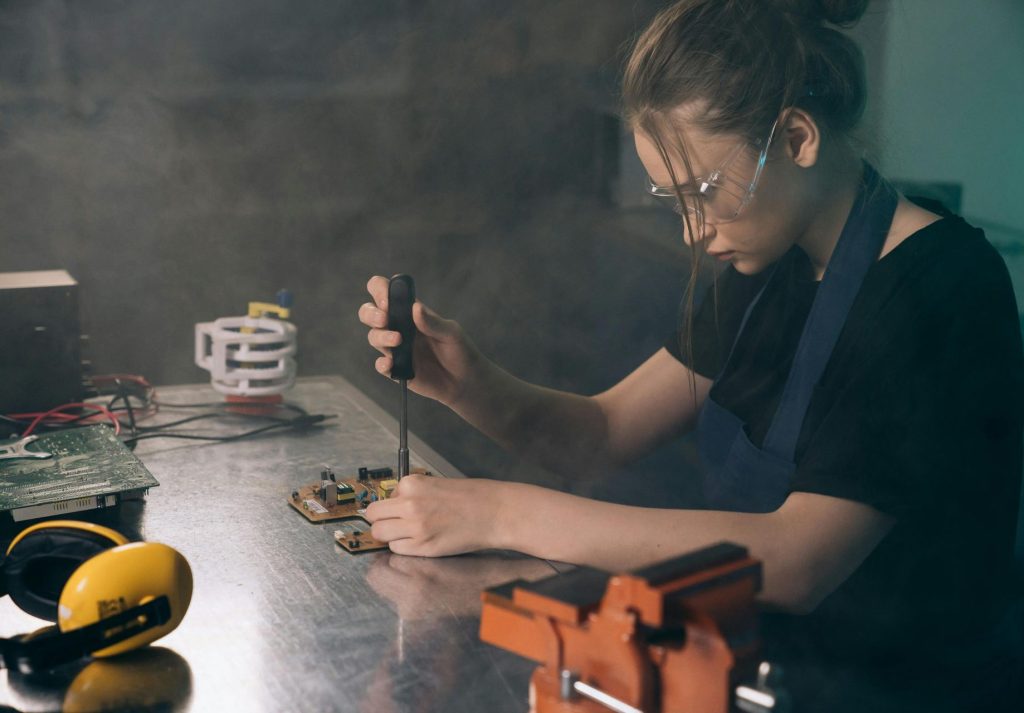In this exclusive op-ed for The Manufacturer, Jennifer Frith, factory development director at critical power solutions provider Davenham Switchgear, explores why, despite ongoing efforts, women remain significantly underrepresented in engineering and technology, and addressing this gap is crucial not only for fairness but also for tackling talent shortages, driving innovation, and ensuring long-term resilience in…
This content is for subscribers only. Subscribe now for free to read the full article.
Already a subscriber? Login

